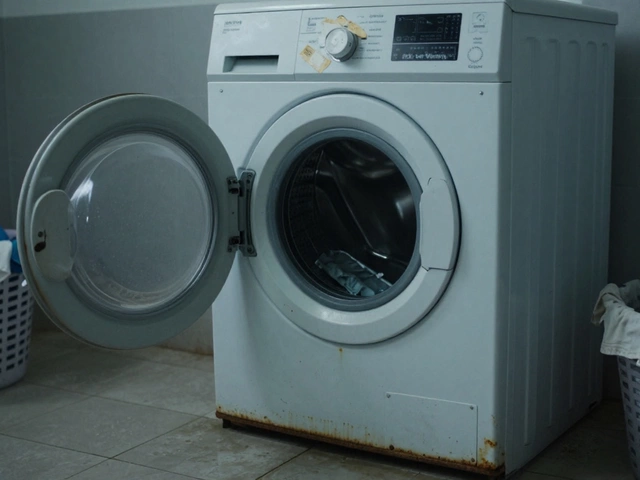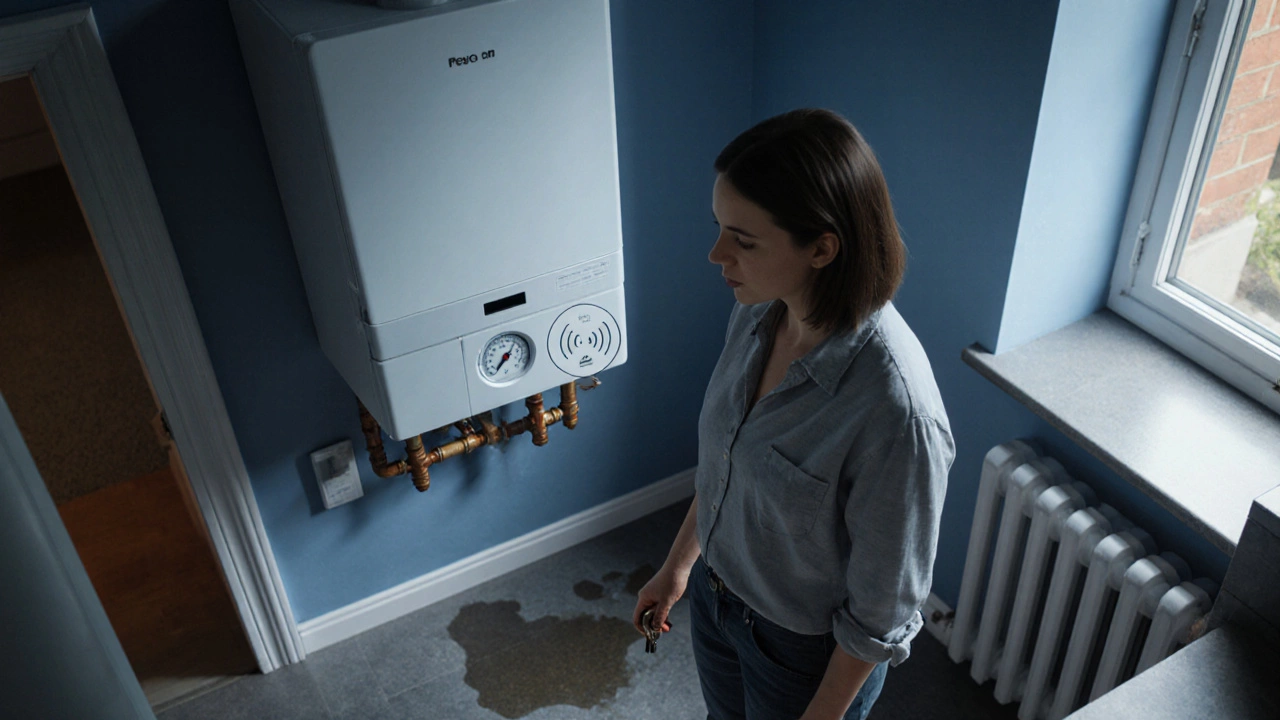Boiler Trouble: What It Means and Why It Matters
When working with Boiler Trouble, any problem that stops a home heating boiler from delivering heat or hot water – like loss of pressure, strange noises, leaks or no‑heat situations. Also known as boiler issues, it can leave you cold and scrambling for a fix. Understanding the root causes saves money and keeps your home safe.
One key related idea is Boiler Lifespan, the typical years a well‑maintained boiler will operate before parts wear out. Another is Boiler Maintenance, regular checks and servicing that prevent many breakdowns. Finally, Boiler Replacement, the process of swapping an old unit for a new, more efficient model often follows prolonged trouble.
The relationship between these entities is simple: neglecting boiler trouble reduces lifespan, raises maintenance costs, and can force an early replacement. Knowing the signs early lets you act before a small leak turns into a costly flood. Below we’ll walk through the most common symptoms, quick checks you can do yourself, and when it’s smarter to call a pro.
Typical Signs, Quick Checks, and DIY Steps
First, listen for new rattles or gurgles – they often mean air trapped in the system or a failing pump. Next, glance at the pressure gauge; readings outside the 1‑1.5 bar range indicate a leak or a need to repressurise. If the thermostat stays on but rooms stay cold, the heat exchanger might be clogged with sludge. A quick safety tip: never tamper with gas valves unless you’re qualified; a small mistake can be dangerous.
If you spot any of these clues, start with the basics. Reset the boiler according to the manufacturer’s instructions – usually a simple button press resets the safety lock. Check the condensate pipe for blockages; a frozen pipe in winter stops drainage and triggers a shutdown. Verify the power supply – a tripped circuit breaker can mimic a full‑blown fault.
When the problem persists, it’s time for a professional inspection. Technicians will test the ignition system, evaluate the heat exchanger for corrosion, and measure boiler efficiency. Their expertise can pinpoint whether a part replacement (like a faulty fan or pressure valve) will restore function, or if the unit has reached the end of its useful life. This distinction is why understanding Boiler Replacement Cost, the total expense of a new boiler plus installation and disposal matters; a well‑planned upgrade can lower energy bills by up to 30%.
In the collection below you’ll find detailed guides on everything from diagnosing a cold‑water failure to calculating whether a 15‑year‑old boiler is worth repairing. Whether you’re a DIY‑enthusiast wanting to run a quick safety check, or a homeowner facing a full‑scale breakdown, the articles are organized to give you actionable steps, cost‑benefit insights, and clear signals for when to call in a qualified repair service. Dive in and arm yourself with the knowledge you need to keep the heat on and avoid surprise expenses.






